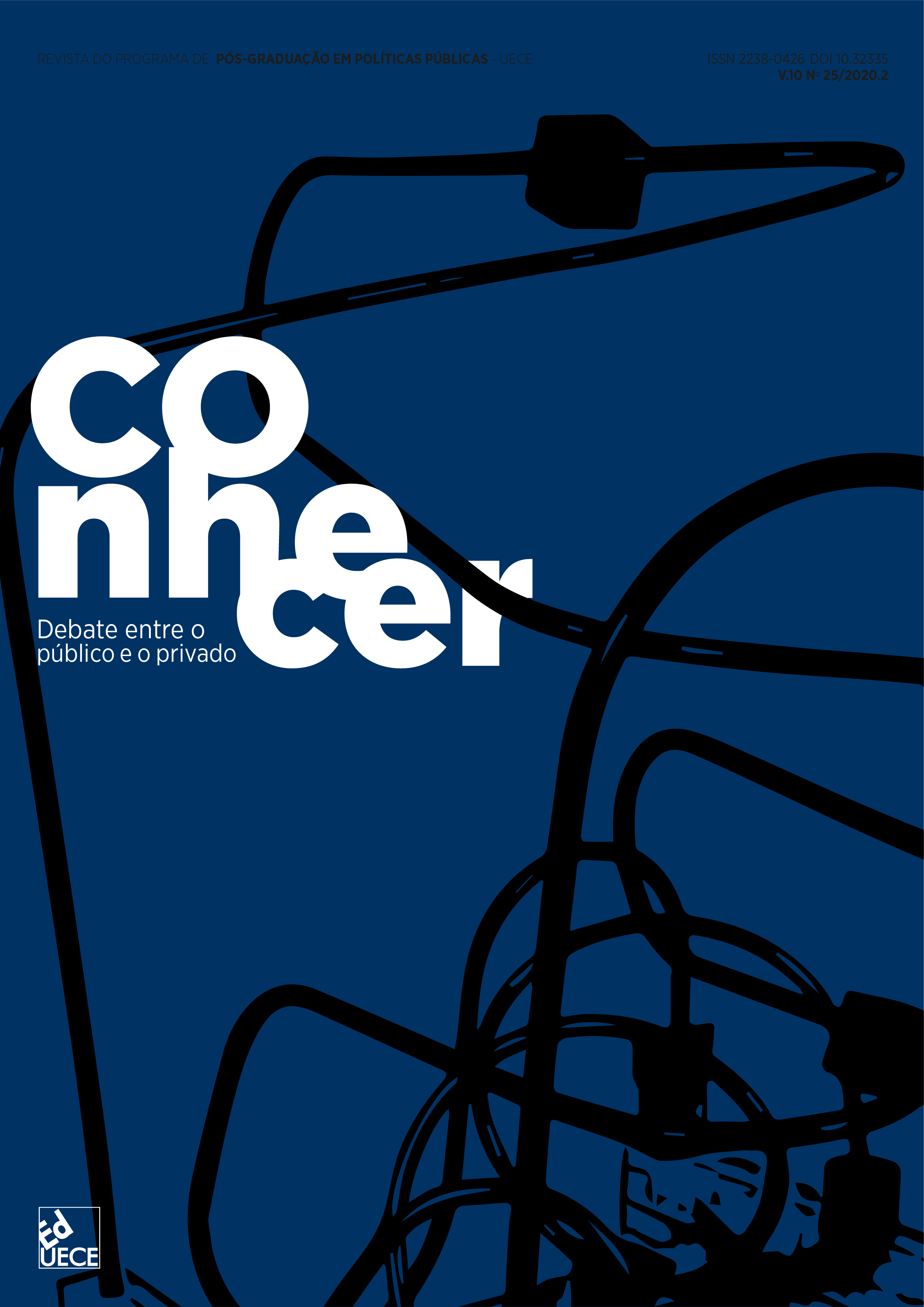Special Social Security Regime:
normative evolution in Brazil and in Ceará
DOI:
https://doi.org/10.32335/2238-0426.2020.10.25.3497Keywords:
social security, social right, normative evolution, social security deficitAbstract
Brazil has undergone successive changes in social security legislation since the 1990s and this leads to
divergences in the various stakeholders’ perception regarding a complex theme that involves the past, present, and future. The current focus of normative changes in the Special Social Security Regime (Regime Próprio de Previdência Social [RPPS]) is the financial deficit of federal entities. However, social security has a worldwide history that dates back to the Middle Ages; in Brazil, it started embryonically in 1795, but it only arrived at our Constitution in 1934. The major milestone in the defense of social rights occurred with the 1988 Federal Constitution. The last changes took place in 2019, with the approval of new rules for retirement and pension benefits. The State of Ceará has a deficit in its RPPS and it is in line with the pension management policy of Constitutional Amendment No. 103, enacted in 2019. Given this context, this research aimed to analyze the normative evolution of the RPPS in Brazil and in the State of Ceará, within the period from 1934 to 2019. The research used a qualitative and historical methodology, with a bibliographic and documentary design, resorting to content analysis of standards and regulations. It was found that, from 1998 on, the State of Ceará is increasingly aligned with federal legislation.
Downloads
Downloads
Published
How to Cite
Issue
Section
License
Authors who publish in this journal agree with the following terms:
- Authors retain the copyright and grant the journal the right of first publication, and the study is simultaneously licensed under the Creative Commons Attribution License, which allows sharing the study by acknowledging authorship and initial publication in this journal.



